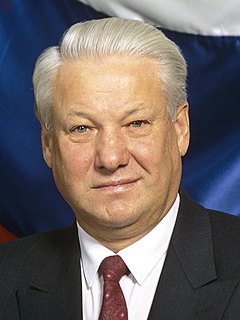A Quote by Kristin Armstrong
Freedom is not the absence of obligation or restraint, but the freedom of movement within healthy, chosen parameters.
Quote Topics
Related Quotes
We want freedom. We want freedom from the constraints of the cycles of the sun and the moon. We want freedom from drought and weather, freedom from the movement of game, the growth of plants, freedom from control from mendacious popes and kings, freedom from ideology, freedom from want. This idea of freeing ourselves has become the compass of the human journey.
The only freedom that is of enduring importance is the freedom of intelligence, that is to say, freedom of observation and of judgment, exercised in behalf of purposes that are intrinsically worth while. The commonest mistake made about freedom is, I think, to identify it with freedom of movement, or, with the external or physical side of activity.
Within a social structure, a familial structure, or a cultural structure of various kinds, there is a substitute for actual freedom. I mean, actual freedom is a very abstract notion; we have no idea what it means, except within a context - freedom to do what? So within these social structures, freedom becomes defined as power, your ability to make choices, and the power relationship within a family, any family.
The constitutions of most of our States assert, that all power is inherent in the people; that they may exercise it by themselves, in all cases to which they think themselves competent, or they may act by representatives, freely and equally chosen; that it is their right and duty to be at all times armed; that they are entitled to freedom of person, freedom of religion, freedom of property, and freedom of the press.
The insistence on truthfulness does not disturb the freedom of the individual. The social obligation implied in Satyagraha turns the freedom of the individual into moral freedom. An atheist is free to say or to do what he likes, provided he does what he says and says what he does. So, in the context of social relations, the freedom of the individual is moral freedom.






































